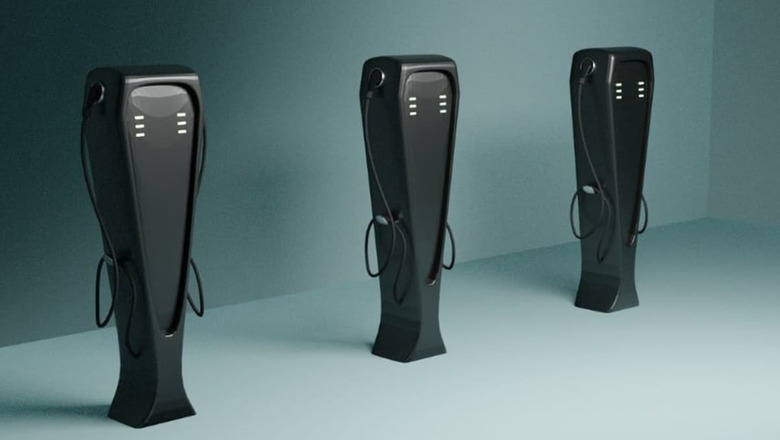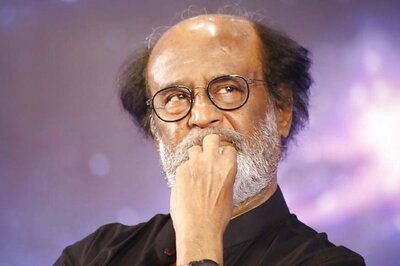
views
The last decade of human history has witnessed an outstanding push towards sustainable growth and high pushback against environmental pollution on all fronts. This has led to the recent uptake of electrical vehicles (EVs), positioned to be the keystone of the subsequent generation of transportation for human society. However, like all new technologies, it’s important to demystify common doubts and questions before jumping on the bandwagon. Here we discuss and debunk 5 of the foremost common myths around EVs.
Myth 1: EVs take time to charge
One of the foremost common concerns that crop up for people considering a shift to EVs is that while they will refuel their vehicle in a matter of minutes, charging an EV may take hours. This argument doesn’t take into consideration the change in fueling patterns that EVs cause. EVs are often charged nightly or maybe every few nights, with a basic 240V power outlet, if you’ve got a fanatical parking lot or a garage. this suggests you’ll avoid long lines at petrol pumps or CNG stations.
Similarly, driving long distances would become far easier once charging infrastructure is developed on Indian highways. Current superchargers can offer you a full charge in 30 to 60 minutes; that’s about as long as having lunch at a pit stop. Many companies are also considering the installation of charging stations in their parking spaces and working strongly towards making an adequate infrastructure for EVs. MG’s Fast Charging tops up the ZS EV from 0%-80% in 50 mins. Customers can get an AC fast charger installed at their homes/offices, free of cost.
Myth 2: EVs are uneconomical
This should not be surprising, because it is representative of the generic curve that new technology follows. While most EVs are at high price points in luxury markets today, this is changing quickly changing – especially in India where costs are being brought down through subsidies and EVs are being made more accessible. Moreover, a fast check out the US shows that an EV on the average costs half the maximum amount as petrol-driven cars. Maintenance costs are also economical since EVs have fewer moving parts, more efficient cooling systems, and no oil.
Companies like MG has introduced after-sales programs like MG eShield, which provides free-of-charge 5-year manufacturer warranty for unlimited kilometres on the car and 8 years/150k km warranty on the battery. It also offers round-the-clock roadside assistance (RSA) for a period of 5 years for privately-registered cars, along with 5 labour-free services.
Myth 3: EV batteries are really expensive and need to get replaced frequently
Lithium-ion battery costs are vividly reducing and India is gearing towards serious investment in high-performance batteries. Currently, EV batteries, for instance, have up to 90% capacity after driving 241,000 Kms. The typical Indian driver doesn’t even complete the distance which is given above, and for those who even complete the target, EV companies give them a guarantee of Eight years of the battery.
Myth 4: EVs are unfit for long-distance travel
The low adoption rate of EVs is due to a myth that the vehicle range will not be enough for traveling from one city to another or just outside the city. However, the new-age, global line of electrical vehicles with extremely capable batteries ensures that vehicles has the capacity to travel above 300 KM in range. The entry of global EV leaders into the market is expected to change the current market dynamics as they localize their internationally-proven EV offerings, so that it can better suit the demands of the local consumer base in India. Modern electric SUVs like MG ZS EV gets 340 Kms range at one charge.
Myth 5: EVs have low speed
While this has been a standard assumption about most electric vehicles in the past, you would possibly be surprised to know that electric race cars exist as well! EVs can convert the whole torque that they’re designed to supply, instantly, resulting in rapid acceleration. Even in consumer vehicles, EVs are ready to achieve 0-96 kmph in 2.5 seconds! In India, for instance, the MG ZS EV can cover 0-100 km/h in 8.5 secs.
Credit: MG Motor India
Read all the Latest News, Breaking News and Coronavirus News here



















Comments
0 comment